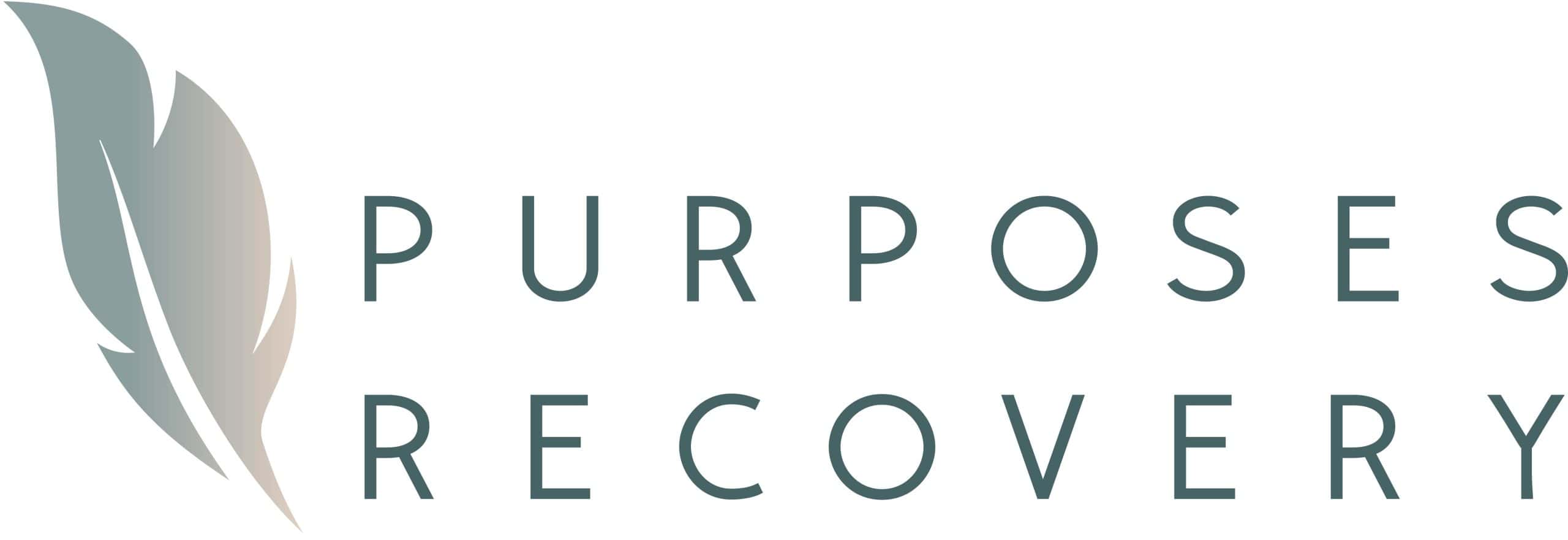Solution-Focused Brief Therapy

Solution-Focused Brief Therapy in Los Angeles
Solution-focused brief therapy (SFBT) is a goal-oriented approach that focuses on identifying and amplifying clients’ strengths and resources to achieve rapid and lasting change. Instead of dwelling on problems and their origins, SFBT encourages clients to envision their preferred futures and develop concrete steps to make those futures a reality. By emphasizing solutions rather than problems, SFBT empowers clients to take control of their lives and build on their existing strengths.
At Purposes Recovery, our skilled therapists are adept at guiding clients to quickly identify their goals, recognize their strengths, and utilize their resources to facilitate meaningful change. This approach not only accelerates the therapy process but also instills a sense of competence and resilience in our clients. By focusing on what is working and how to do more of it, SFBT at our center becomes a powerful tool for clients to swiftly move toward their envisioned future, fostering optimism and a proactive mindset in the face of life’s obstacles.
Solution Focused Brief Therapy, or SFBT, is also known as Solution Focused Therapy (SFT). Solution Focused Brief Therapy is a goal-oriented, collaborative approach to observing & imagining problems of the present and future and exploring systematic ways of overcoming them rather than focusing on the past. Solution-Focused Brief Therapy (SFBT) defines a problem and focuses on objectives that may lead to solutions rather than traditionally focusing on past experiences. SFBT aims to harness realistic solutions and implementation by instructing patients to practice the skills throughout their day. An individual may already possess a particular life skill pertinent to them or others, but SFBT can help that person identify and further develop those skills. Practitioners of Solution-Focused Brief Therapy support individuals as they experiment with new problem-solving methods by asking precisely worded questions.
What Is It?
Solution-Focused Brief Therapy (SFBT) is a future-oriented, goal-directed approach to solving human problems of living. It was initially developed as a rebellion against the traditional psychotherapy approach driven by the therapist/expert deciding the best possible solution for those seeking help. SFBT aims to work collaboratively with the patient who understands his/her circumstances best to arrive at a pragmatic and realistic solution to fit his/her needs. The result is respectful, brief therapy with workable solutions that the client can carry out by making needed changes.
REQUEST A CALL FROM OUR TREATMENT CENTER IN LOS ANGELES CA
Recovery Starts at Our Drug Rehab in Los Angeles CA
"*" indicates required fields
What Solution-Focused Brief Therapy (SFBT) Treats
SFBT has been used successfully in individual therapy and with both families and couples. Developed with the primary intention of helping those in therapy to find solutions to challenges, the approach has expanded to address issues in other areas of life, such as schools and workplaces. Individuals from different cultures, backgrounds, and age groups have all been shown to benefit from this type of therapy.
SFBT can be used to treat a wide range of issues. It is often used to address challenges for which the person in therapy already has some idea of possible solutions. In SFTB, the person seeking treatment is considered the “expert” on their concerns. The therapist encourages the individual to envision their solution, or what change would look like, and then outline the steps necessary to solve problems and achieve goals. Because this modality focuses on solutions to issues rather than the reasons behind them, it may be more effective at treating some concerns than others.
Research has shown SFBT may be a helpful intervention for youth who are experiencing behavioral concerns or academic/school-related concerns. It has also proven effective as an approach to family therapy and couples counseling. This method is often used in conjunction with other approaches.
Are you or a loved one struggling with addiction to alcohol or other drugs? Call today for a confidential conversation with a treatment specialist.
Why Choose Purposes Recovery for Addiction Treatment in Los Angeles, California?
Our addiction program in Los Angeles, California, is distinguished by its dedication to personalized care, utilizing evidence-based behavioral therapy and a skilled team of passionate professionals committed to your well-being. At Purposes Recovery, we prioritize your individual needs and goals, crafting a tailored, comprehensive addiction treatment plan that embraces your unique path to recovery.
When you choose our addiction treatment center for drug rehab services, you’re choosing a partner in your addiction treatment journey dedicated to helping you achieve lasting recovery and reclaim your life. Our compassionate team of experts provides unwavering support, guidance, and resources to empower you to overcome substance use disorder and thrive in recovery.
Our Treatment Center in Los Angeles Accepts Most Private Health Insurance Plans
Our treatment center in Los Angeles accepts most health insurance plans to ensure our comprehensive rehabilitation services are accessible to those in need. We believe that financial constraints should not be a barrier to receiving high-quality addiction treatment. Our dedicated team is here to help you maximize your benefits and minimize any out-of-pocket expenses. If you do not have insurance, our team is available to help you explore options available to you.
Medical Reviewer
marni
GET HELP NOW
Are you or a loved one struggling with addiction to alcohol or other drugs? Call today for a confidential conversation with a treatment specialist.
Treatment Programs
MOST INSURANCE ACCEPTED
Free insurance benefit check
"*" indicates required fields
